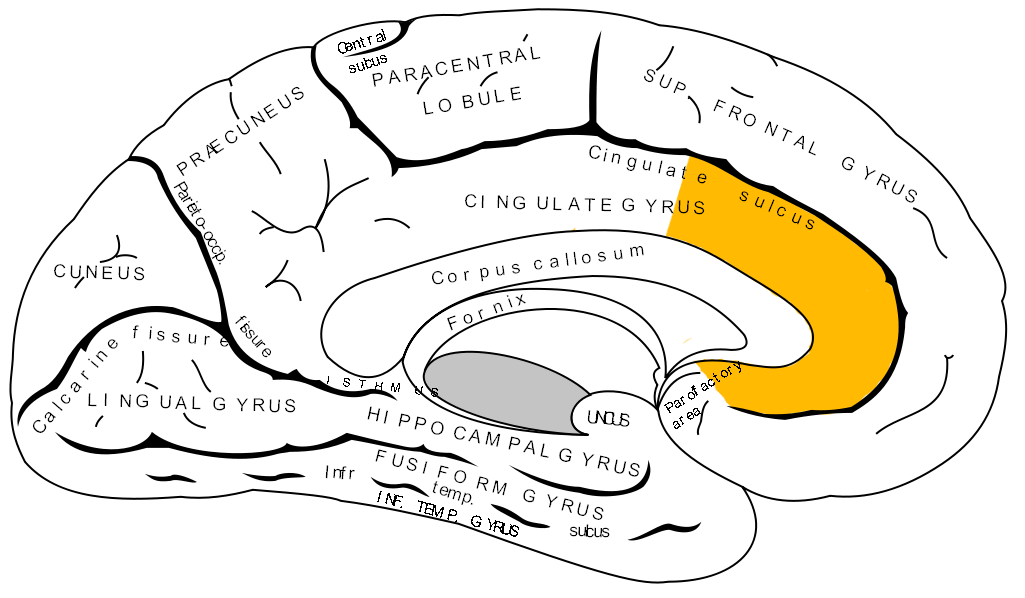



The apparent discovery of a “depression switch” (Dobbs 2006) received glowing media coverage, with most journalists preferring to ignore Mayberg’s failure to disclose her financial ties to medical technology manufacturers (Bass 2010). The hype was dampened in 2013, when the U.S. Food and Drug Administration suspended a trial because it failed the “futility analysis,” which monitors whether an experimental treatment has reasonable chances of being shown to be significantly better than the control treatments (Horgan 2014).
Abstract
Treatment-resistant depression is a severely disabling disorder with no proven treatment options once multiple medications, psychotherapy, and electroconvulsive therapy have failed. Based on our preliminary observation that the subgenual cingulate region (Brodmann area 25) is metabolically overactive in treatment-resistant depression, we studied whether the application of chronic deep brain stimulation to modulate BA25 could reduce this elevated activity and produce clinical benefit in six patients with refractory depression. Chronic stimulation of white matter tracts adjacent to the subgenual cingulate gyrus was associated with a striking and sustained remission of depression in four of six patients. Antidepressant effects were associated with a marked reduction in local cerebral blood flow as well as changes in downstream limbic and cortical sites, measured using positron emission tomography. These results suggest that disrupting focal pathological activity in limbic-cortical circuits using electrical stimulation of the subgenual cingulate white matter can effectively reverse symptoms in otherwise treatment-resistant depression.
Download the full PDF article below:
And below you can find the two recent reviews of the study by Mayberg et al.:

Image of the anterior cingulate cortex.

Inspired by the homonymous book by Fernando Vidal and Francisco Ortega, this timespace presents the authors' genealogy of the cerebral subject and the influence of the neurological discourse in human sciences, mental health and culture.